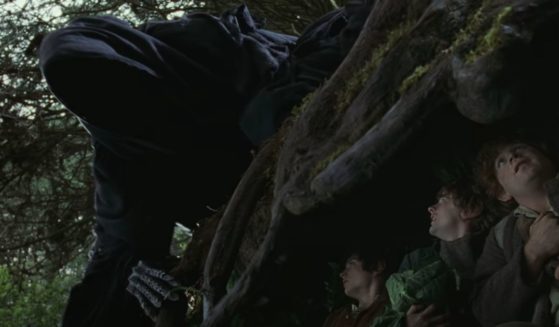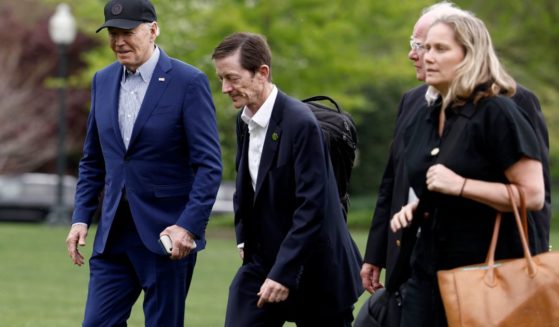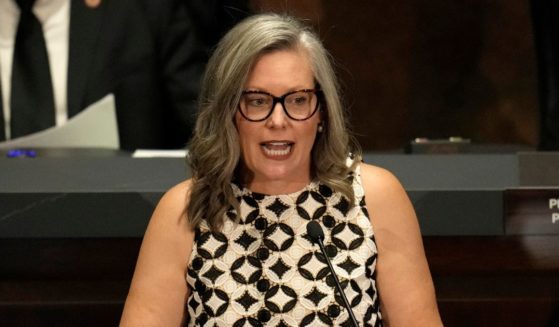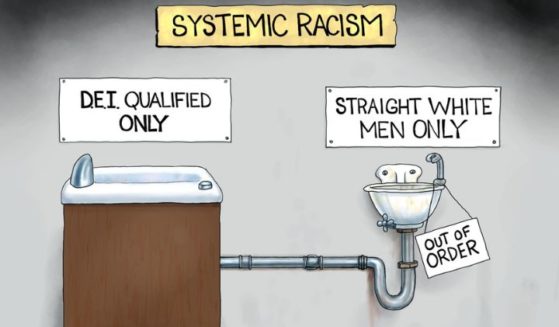Actress and director Penny Marshall dies at age 75
NEW YORK (AP) — Penny Marshall, who indelibly starred in the top-rated sitcom “Laverne & Shirley” before becoming the trailblazing director of smash-hit big-screen comedies such as “Big” and “A League of Their Own,” has died. She was 75.
Michelle Bega, a spokeswoman for the Marshall family, said Tuesday that Marshall died in her Los Angeles home on Monday night due to complications from diabetes. Marshall earlier fought lung cancer, which went into remission in 2013. “Our family is heartbroken,” the Marshall family said in a statement.
In “Laverne & Shirley,” among television’s biggest hits for much of its eight-season run between 1976-1983, the nasal-voiced, Bronx-born Marshall starred as Laverne DeFazio alongside Cindy Williams as a pair of blue-collar roommates toiling on the assembly line of a Milwaukee brewery. A spinoff of “Happy Days,” the series was the rare network hit about working-class characters, and its self-empowering opening song (“Give us any chance, we’ll take it/ Read us any rule, we’ll break it”) foreshadowed Marshall’s own path as a pioneering female filmmaker in the male-dominated movie business.
“Almost everyone had a theory about why ‘Laverne & Shirley’ took off,” Marshall wrote in her 2012 memoir “My Mother Was Nuts.” ”I thought it was simply because Laverne and Shirley were poor and there were no poor people on TV, but there were plenty of them sitting at home and watching TV.”
Marshall directed several episodes of “Laverne & Shirley,” which her older brother, the late filmmaker-producer Garry Marshall, created. Those episodes helped launch Marshall as a filmmaker. When Whoopi Goldberg clashed with director Howard Zieff, she brought in Marshall to direct “Jumpin’ Jack Flash,” the 1986 comedy starring Goldberg.
“Jumpin’ Jack Flash” did fair business, but Marshall’s next film, “Big,” was a major success, making her the first woman to direct a film that grossed more than $100 million. The 1988 comedy, starring Tom Hanks, is about a 12-year-old boy who wakes up in the body of a 30-year-old New York City man. The film, which earned Hanks an Oscar nomination, grossed $151 million worldwide, or about $320 million accounting for inflation.
The honor meant only so much to the typically self-deprecating Marshall. “They didn’t give ME the money,” Marshall later joked to The New Yorker.
Marshall reteamed with Hanks for “A League of Their Own,” the 1992 comedy about the women’s professional baseball league begun during World War II, starring Geena Davis, Madonna and Rosie O’Donnell. That, too, crossed $100 million, making $107.5 million domestically.
More than any other films, “A League of Their Own” and “Big” ensured Marshall’s stamp on the late ’80s, early ’90s. The piano dance scene in FAO Schwartz in “Big” became iconic. Hanks’ reprimand from “A League of Their Own” — “There’s no crying in baseball!” — remains quoted on baseball diamonds everywhere.
On Tuesday, Marshall’s passing was felt across film, television and comedy . “Big” producer James L. Brooks praised her for making “films which celebrated humans” and for her helping hand to young comedians and writers. “To many of us lost ones she was, at the time, the world’s greatest den mother.”
“She had a heart of gold. Tough as nails,” recalled Danny DeVito, who starred in Marshall’s 1994 comedy “Renaissance Man.” ”She could play round ball with the best of them.”
Marshall’s early success in a field where few women rose so high made her an inspiration to other aspiring female filmmakers. Ava DuVernay, whose “A Wrinkle in Time” was the first $100 million-budgeted film directed by a woman of color, said Tuesday: “Thank you, Penny Marshall. For the trails you blazed. The laughs you gave. The hearts you warmed.”
In between “Big” and “A League of Their Own,” Marshall made the Oliver Sacks adaptation “Awakenings,” with Robin Williams and Robert De Niro. The medical drama, while not as successful at the box office, became only the second film directed by a woman nominated for best picture.
Carole Penny Marshall was born Oct. 15, 1943, in the Bronx. Her mother, Marjorie Marshall, was a dance teacher, and her father, Anthony, made industrial films. Their marriage was strained. Her mother’s caustic wit — a major source of material and of pain in Marshall’s memoir — was formative. (One remembered line: “You were a miscarriage, but you were stubborn and held on.”)
“Those words are implanted in your soul, unfortunately. It’s just the way it was,” Marshall once recalled. “You had to learn at a certain age what sarcasm is, you know? When she says it about somebody else, you laughed, but when it was you, you didn’t laugh so much.”
During college at the University of New Mexico, Marshall met Michael Henry, whom she married briefly for two years and with whom she had a daughter, Tracy. Marshall would later wed the director Rob Reiner, a marriage that lasted from 1971 to 1981. Tracy, who took the name Reiner, became an actress; one of her first roles was a brief appearance in her mother’s “Jumpin’ Jack Flash.” Marshall is also survived by her older sister, Ronny, and three grandchildren.
Marshall’s brother Garry, already established as a writer, coaxed her to move out to Los Angeles in 1967. She studied acting while supporting herself as a secretary — a role she would later play on “Happy Days.” Her first commercial was for Head & Shoulders opposite a then-unknown Farrah Fawcett.
“I just cannot bring myself to accept that the homely person on the screen is me,” Marshall told TV Guide in 1976. “I grew up believing an actress is supposed to be beautiful. After I saw myself in a ‘Love American Style’ segment, I cried for three days. I’ve had braces put on my teeth twice, but they did no good.”
Marshall never again matched the run of “Big,” ”Awakenings” and “A League of Their Own.” Her next film, the Army recruit comedy “Renaissance Man,” flopped. She directed “The Preacher’s Wife” (1996) with Denzel Washington and Whitney Houston. Her last film as director was 2001’s “Riding in Cars With Boys,” with Drew Barrymore. Marshall also helmed episodes of ABC’s “According to Jim” in 2009 and Showtime’s “United States of Tara” in 2010 and 2011, and directed the 2010 TV movie “Women Without Men.”
Marshall, a courtside regular at Los Angeles Lakers games, left behind a long-in-the-making documentary about former NBA star Dennis Rodman. When the project was announced in 2012, Marshall said Rodman asked her to do it.
“I have a little radar to the insane,” explained Marshall. “They seek me out.”
___
Follow AP Film Writer Jake Coyle on Twitter at: http://twitter.com/jakecoyleAP
The Western Journal has not reviewed this Associated Press story prior to publication. Therefore, it may contain editorial bias or may in some other way not meet our normal editorial standards. It is provided to our readers as a service from The Western Journal.
Truth and Accuracy
We are committed to truth and accuracy in all of our journalism. Read our editorial standards.












